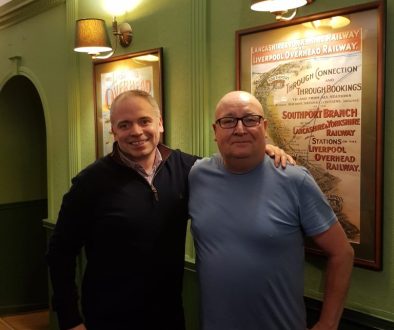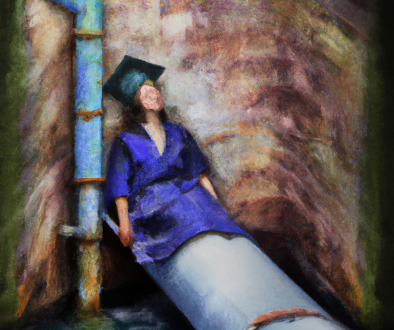Some Initial Deliberations, by Alex Dunedin
The development of this upcoming conference has been something of a surprise and pleasure. I am delighted to be working with people who really love the philosophy and practice of education. The most exciting subjects are made lacklustre and boring by people who do not enjoy what they are doing. These are two people who are not bored by their subject and as a result make it powerful and relevant in the everyday.
With the discussion of a working class education conference, I was pleased that right at the very beginning it was said that it is not an exercise in wrangling over definitions but much more about a celebration of the intellectual lives and achievements of people who relate to the idea of the working class.
The nature of education for me is about creating an environment which develops individuals and allows their capabilities to be both cultivated and recognised. I see this activity as an integral part of the behaviour of human beings which ensures mental and physical health as well as a reciprocal enrichment of the broader environment. This is an open and informal view of learning cultures which offers a complementary view to the perspective of education as a business which prepares people for industries.
The further down the pay grades and access to resources, the less publicly represented are the achievements of those people and the less recognised the contributions to fields of endeavour. Certain myths are perpetrated on the general public which imagine scarcity and specialness into the realm of achievement. For example, the practice of picking the ‘brightest and the best’ to concentrate them inside hot house environments gives rise to a well rehearsed nonsense that we find the brightest and best people concentrated in the hot house environments.
The myth of intellectual life being found solely within academia has impoverished the confidence and hopes of many people outside it. Where once stood cultures of knowledge and learning forged in the smithys forge of pubs, working clubs and civic organizations, we find apprehension of using language which has become associated with academia. The story of invention was greatly written by those with their hands on the hammers, fingers wrapped around scrubbing brushes, and broad shoulders stacked with bundles.
Plutarch was once being read down mineshafts in the original tongue. Countless innovations came from the shop floor to be worked into the engineering which lives to this day in cotton gin machines, or pharmacy that was gleaned from ancient knowledge of the lands flora. When Antonia Darder visited from the states she made a point that there is no difference between the language used in the lives of working class people and the life we find in academia. Here I wonder how much the myth has become perpetuated that talking about certain things in certain ways is only for those who have been authorised, those who have been given the guild qualification.
Britain has a cultivated a caste system enshrined in law and this throws a shadow over the capabilities and accomplishments which happen in the day to day milieu. The arts, the medicine, the sciences, the engineering, the sociology, and the psychology – these are found diffused through the human world embedded and intertwined with the ordinary business of everyday life.
I am glad to see the will to celebrate education, knowledge and learning in the wild – in the day to day doings and meanderings of people who engage with the incalculable universe. This curiosity and play which drives our Neoteny (and emerges from it) is a precious fabric which we cloth ourselves in; both luxury and necessity at the same time, the activities of social learning perform critical functions for our collective well-being and survival.
So long has the idea and language of learning been shut up inside purpose built administrated institutions that there is a danger that the myths ossify living worlds of discovery into rarefied Leibnizian monads – hermeneutic traps that spin out ranks of Gormenghastian souls. The experimentalism and intrigue which Craig and Peter are bringing to the design of the conference is an important door being opened unto a key public good.
To use the available infrastructure of the town of Blackburn is to act on understandings long written about in educationalist circles. It takes the activity down from a balcony from which the world is surveyed, into the habitat of civic life. It is fresh and new and seasoned by the timeless draw of homo sapiens to confer what they have come to understand about their experience in the universe amongst social groups so that new understandings can be generated through the alchemy of critically mingled perspectives.
The very nature of the figuration is open to everybody and demonstrates to me that such open, porous education can be done if the will be found. I shall be gladly inviting friends and acquaintances along because of the values it is putting into practice. I can only see this as a comfortable enrichment of which I am delighted to be a part of.

